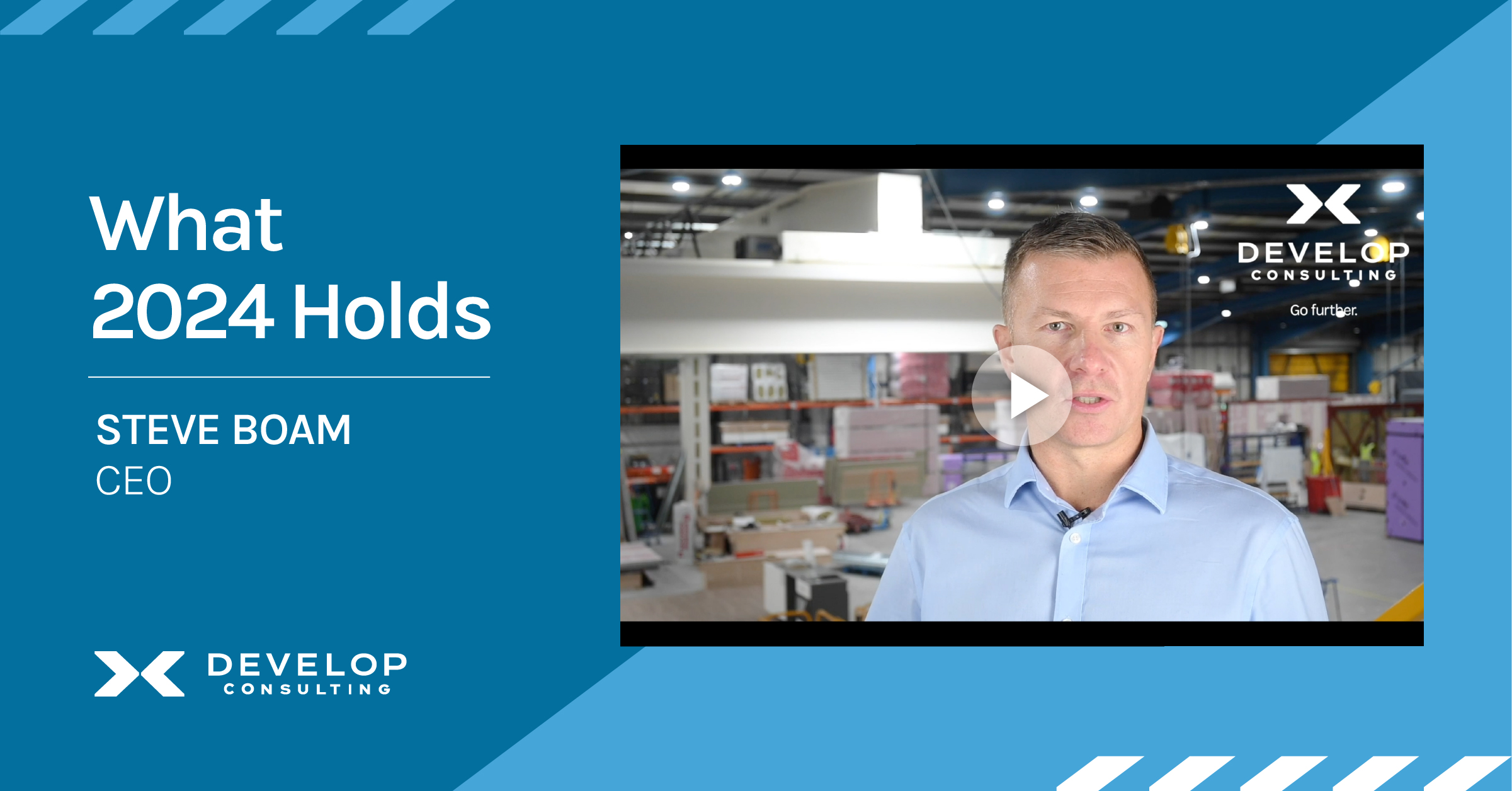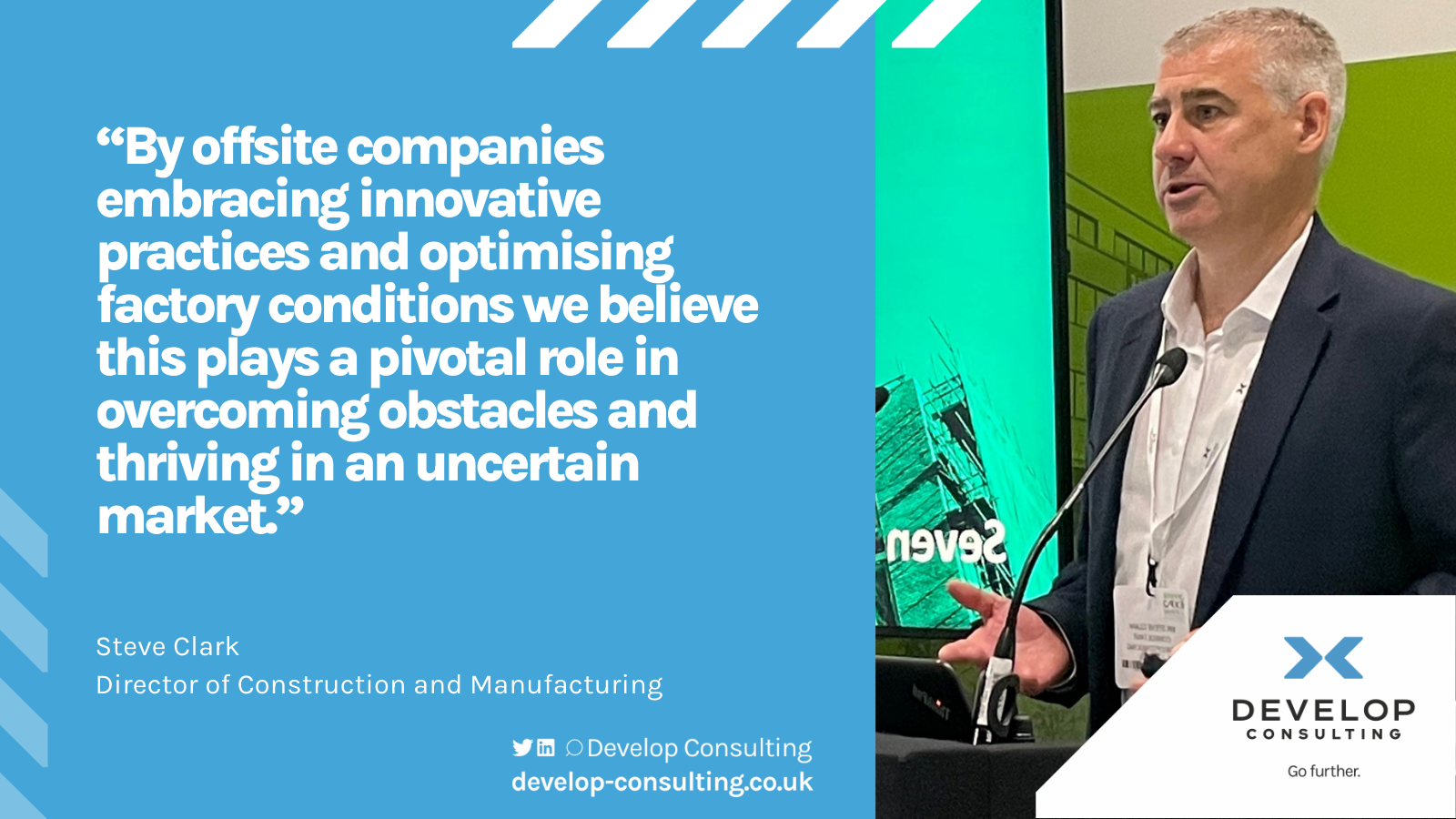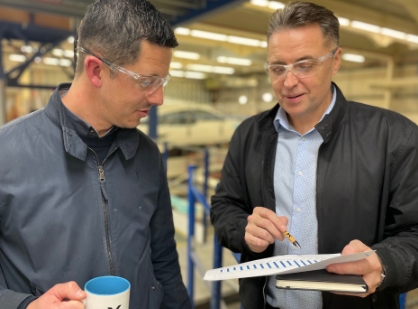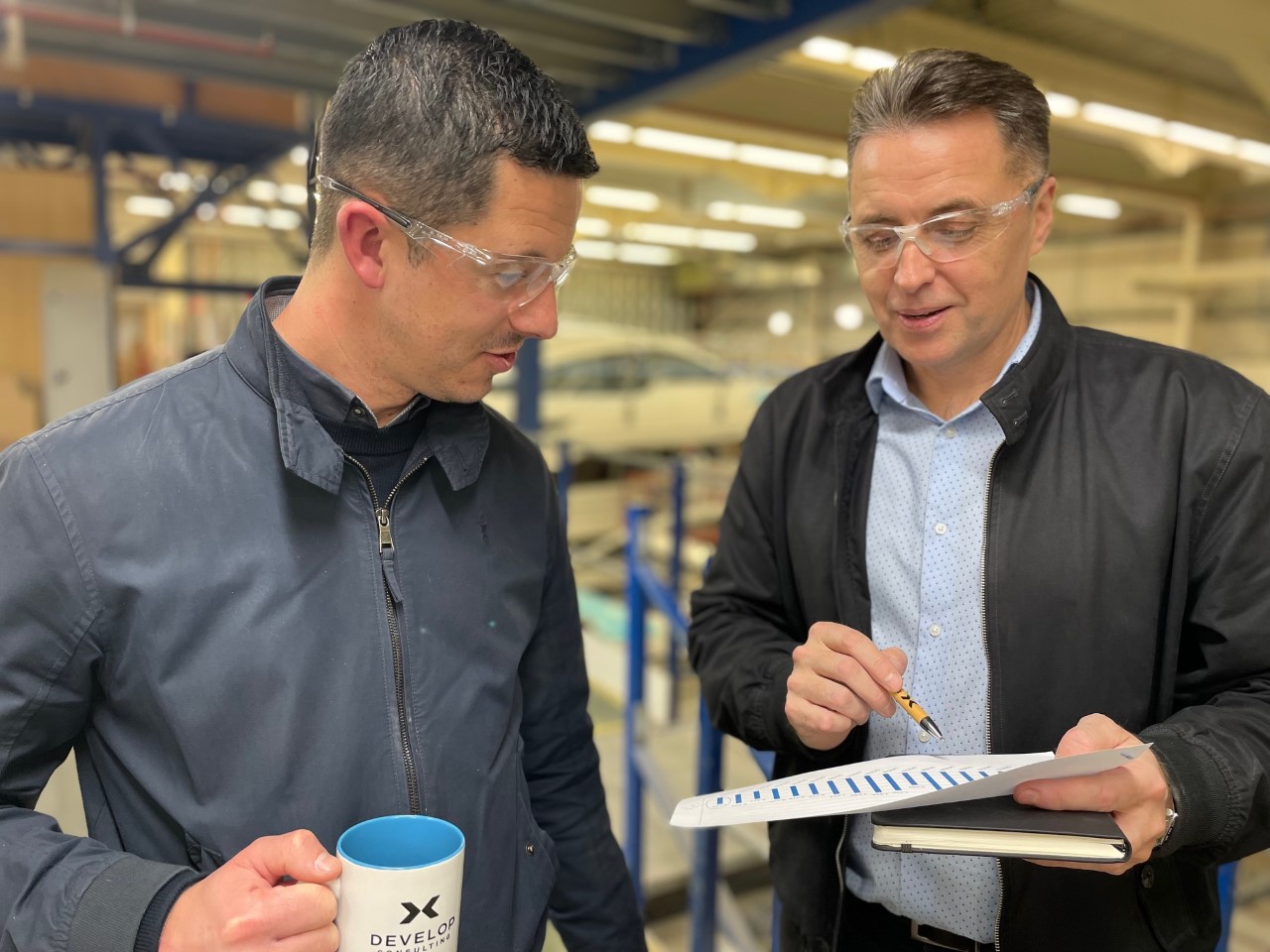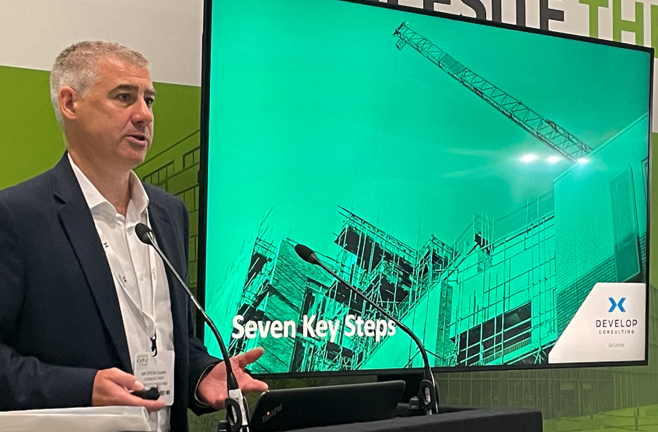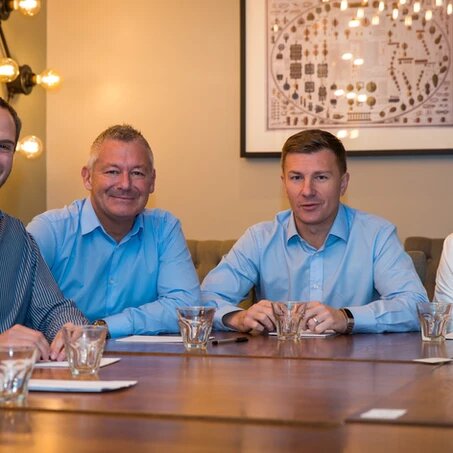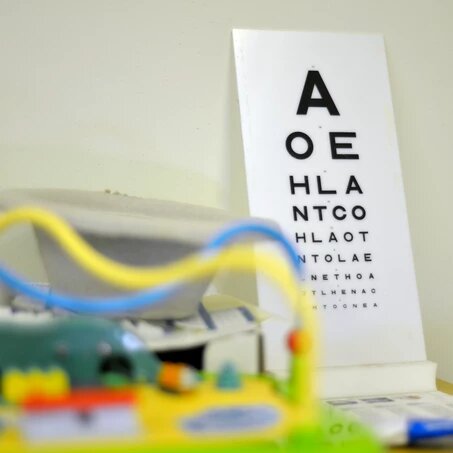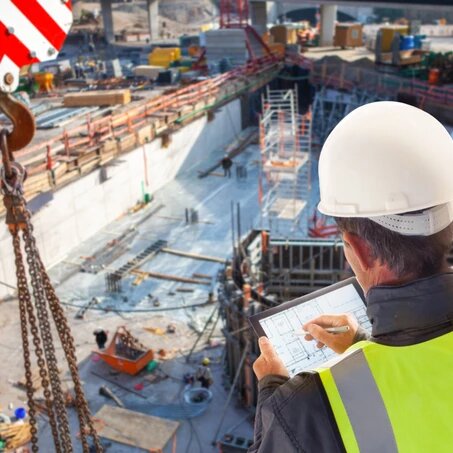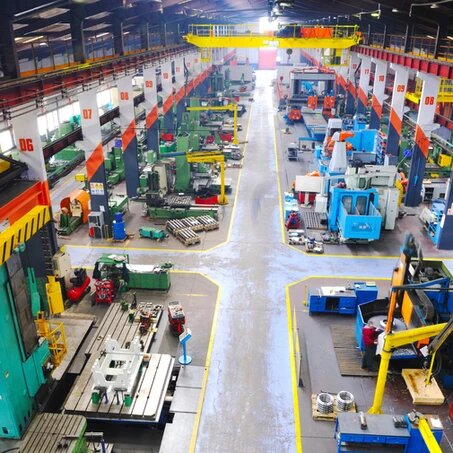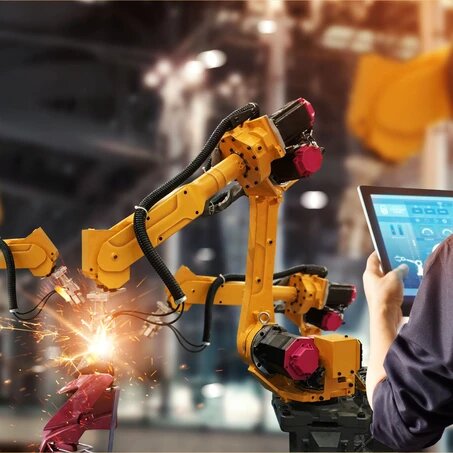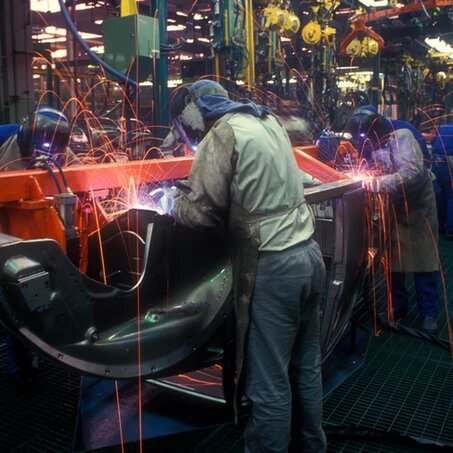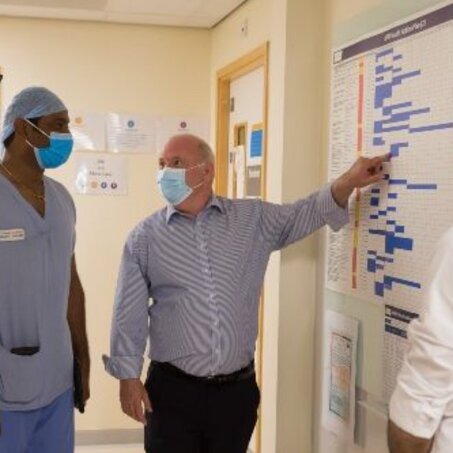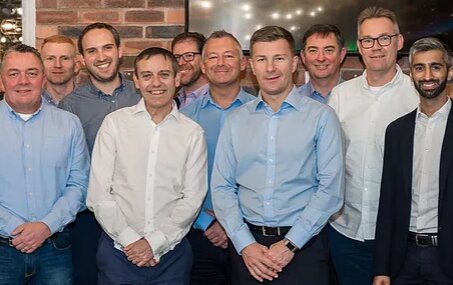The term MMC – Modern Methods of Construction – is one that has become more prevalent over the past few years, and is not way going away anytime soon.
With the pressure well and truly on for all housing authorities within the UK to tackle the housing crisis, MMC’s are here to stay and represent the fastest growing area of construction seen in decades.
But what exactly are they? And have they just become the latest government buzzword within the construction industry?
Andy Hicks, Construction Consultant at Develop Consulting has put together an easy guide on what they are, and how he is helping this growth become better and more efficient than ever before.
What is the background of MMC’s?
‘Modern Methods of Construction’ (MMC) is a wide term, embracing a range of offsite manufacturing and onsite techniques that provide alternatives to traditional house building. MMC’s range from whole homes being constructed from factory-built volumetric modules to the use of innovative techniques for laying concrete blockwork onsite.
Since early in the 20th century, there have been previous periods of engagement with various alternative methods of construction in order to boost the country’s house-building output, most notably in the post-war period. With each iteration the new approaches have been linked with significant benefits; the speed of delivery, improved quality, reduced labour costs and predictability to name a few.
In recent years there has been renewed interest in MMC, with more developers engaging in project trials and going on to make increasing use of the variety of systems available.
The 2017, Government White Paper 1 by the National House-Building Council (NHBC) expressed support for the contribution MMC is expected to make to help solve the nation’s housing crisis and achieve the step-change in housing output that is needed.
It pointed to the potential for a 30% improvement in the speed of construction of new homes through the adoption of innovation, with a potential 25% reduction in costs, as well as the potential for advances in improving quality and energy efficiency.
Are MMCs popular, is this a growing industry within the UK and what market are they aimed at?
Popularity is increasing, however, the UK market for Modular Houses is growing slowly. There is a clear tradition in the UK of houses being built of bricks and mortar. Back in the 1960s and 1970s, prefabricated houses did not have a good reputation, which is an insight into a culture of what we want our houses/homes to be made of.
There are a number of modular house manufacturer’s now appearing who are trying to develop into volume producers. Ikea has also backed a housebuilder called BoKlok to build timber frame homes in the UK.
The theory is that a modular house (two stories) can be manufactured in around 2.5 working weeks, deployed to a piece of land and be assembled (zipped up) and potentially ready for the homeowner two to three weeks later – so from nothing to a “home” could be completed in six weeks – versus typically a 20 week plus build for a brick and mortar house. Visually, they also are very different to the traditional idea of what a prefab house is and looks like.
MMC is also aimed at the more traditional house building sector – trying to introduce improved processes (based on manufacturing approaches) and new materials to accelerate the process of building but this seems to be finding “traction” very difficult.
The whole building process needs to buy into an MMC build – from planning permissions to land acquisition, to funding and lenders, to people wanting to buy “wooden or metal framed homes – hence why the government is funding various research activities and building pilots to spread the MMC concept and make it more mainstream.
Some reports quote 55,000 homes being built under the MMC banner, but others suggest that this banner is very widely applied and at the moment, modular houses are the exception rather than the rule.
However, if one or two manufacturers can lift their game in terms of volume and quality, there could be a significant boom in the volume of new homes being delivered in the UK and it could break the back of the housing crisis we have and deliver significant affordable housing right across the UK.
What are the benefits?
The benefits are around:
- Significant reduction in the time to build a house and hand over to new owners.
- Modular houses have significantly raised the bar for insulated homes – so a major contribution to carbon-neutral targets across the UK.
- Cheaper to own – especially in terms of energy costs.
- Reduction in environmental impact – so reduced need for bricks and mortar etc to be “dug” out and manufactured.
- Homes will be cheaper to build – significant volume impact of the low-cost housing problem in the UK.
- Job creation across the whole sector – the creation of manufacturing jobs within various modular house manufacturers – likely a significant opportunity for modern apprenticeships and more homes being built in the context of the current building sector struggling to resource effectively – tackling the skills shortage in the UK construction sector.
- An easier method of compliance to building standards.
- The ability to achieve high standards, including high thermal and acoustic performance.
- A reduction in waste materials, with a larger incentive for suppliers to reduce waste.
- A better-quality construction in the finish with fewer defects.
- A reduction in both accidents and health concerns.
- Construction that is less affected by inclement weather during the build.
- Less local disruption in the form of noise, dust and site traffic.
- Fewer and less skilled trades required on site.
- Creation of employment in a fixed location due to the permanence of the factory, resulting in shorter distances for the workforce to travel and therefore making workforce shortages easier to address.
- Reduced cost/increased cost certainty, not only due to decreased erection time and economics of scale but also due to a reduction in preliminaries, site storage requirements and welfare facilities.
- Improved traceability of components enabling improvements to maintenance regimes.
- Improved accuracy and tolerances, due to the use of jigs and templates in factory conditions
- Reduced life-cycle costs
- Increased accuracy on completion dates
- A more simplified procurement process
- Reductions in CO2 emissions.
- Increased on-site productivity
- Generally increased ‘value’ of products
- Increased rate of housing supply
The benefits are well developed through various bodies but are yet to be delivered.
How does Develop Consulting work with MMCs?
Develop Consulting has worked with one volume modular manufacturer in Derby and is soon to start another contract this spring.
We understand both the full context and potential impact on our UK’s house building challenges and are pushing for a change of how they are produced, moving from looking at it from a construction build to using a manufacturing model. You can see the full story about that, herehttps://develop-consulting.co.uk/projects/modular-housing—end-to-end-business-improvement.
How do you think the recent announcement of the government’s £10m boost will help, and where do you see the future of MMCs?
The additional investment will continue to support a number of research programmes in the UK, as well as potentially being available to further fund a number of the “start-up” modular house manufacturers in the UK.
The challenge that needs to be addressed by modular house manufacturers I believe is significantly more cultural than process-based. From my experience, there is a construction culture inside a factory, and this needs to change to a manufacturing culture inside a factory.
The many skills and capabilities it takes to manufacture a house are currently being fulfilled by experienced construction people – so they behave and work exactly the same as they would if they were on a traditional building site. There is a heavy reliance, throughout the process and “specialist” skills, not on standardised design, and therefore standardised manufacturing processes delivering a high-quality product
The challenge is to apply modern manufacturing approaches – standardised work, standard operating procedures, pull-based parts supply, capable supply chains, multi-skilled people to name a few – and manufacture the house, rather than construct it. I do not see any evidence of this kind of thinking/research or approaches in all that I have read about the sector and if some of this money could be used to drive awareness of the need for change, I believe that would help.
The “thought” leadership of the many experts and senior leaders of the sector, needs to drive an awareness that to succeed, the basic premise of modular houses needs to move to manufacturing and away from construction – we need to flip the light switch and remove the reliance on time-served tradesman to well-trained operators manufacturing a product
The legislative element of manufacturing a house also needs to catch up with MMC and enable the use of skilled electricians, plumbers and heating engineers (etc) to “sign off” installations that have been manufactured by training operatives, following standard operating procedures and standard work
To find out more about the work DC does,contact us or call 0247 736 0164.


